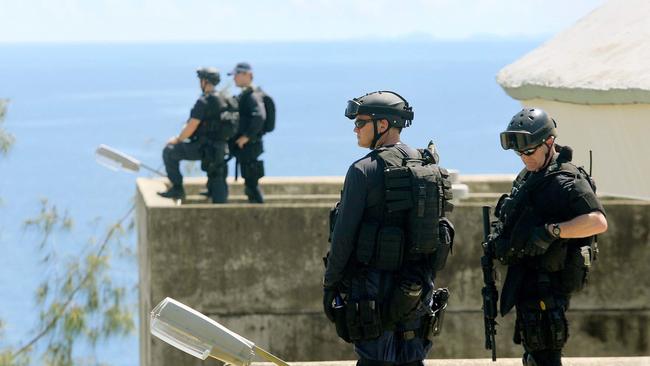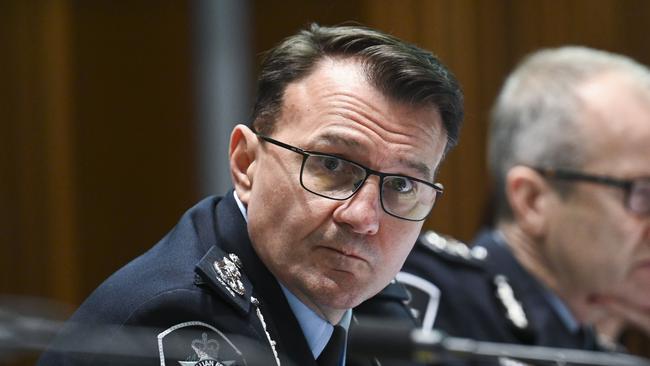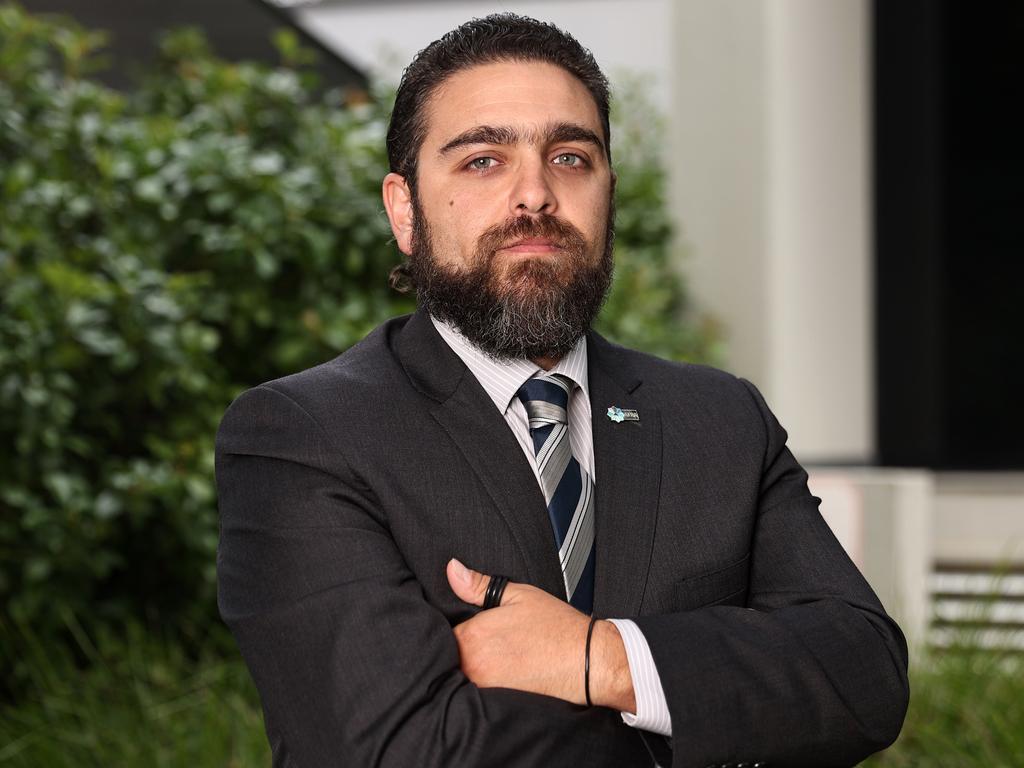Foreign posts will aid AFP to fight crime at source

Every commissioner before me has provided the AFP with the foundation of the success that we see today. This has given me the space to reform, which includes clearly articulating the role and responsibilities of the AFP.
The AFP is more visible and more willing to speak directly to the public for five key reasons. First, to better protect the community through education campaigns and to deter criminality. Second, to build a stronger bridge to community to foster trust and relationships, which also helps enhance information and intelligence sharing. Third, explain how we use our legislation, taxpayer funds and our overseas network. Fourth, to assist in recruiting the next generation of AFP members. And, fifith, to provide regular community reassurance.
The AFP’s job is clear: to protect Australians and Australia’s interests, including protecting high-office holders, parliamentarians, key places of interest and designated airports; combating terrorism, violent extremism, fraud and cyber crime; targeting transnational serious organised criminals; and arresting and charging online predators who seek to harm children.
As one of the first lines of defence for Australia, and targeting high-volume, serious crime at home, the AFP must remain agile to the ever-evolving criminal environment, which is highly-sensitive to world events, technology and the economy.
I want to reveal my plan to expand the AFP’s role in taking some crime fighting out of Australia and to the source. About 70 per cent of transnational serious organised criminals targeting Australia are offshore. That means we have to think and act differently.
And that’s what the public is starting to see. More alleged offenders are being deported or extradited to Australia to face the justice system. Some of these cases are a direct result of the AFP taking crime fighting offshore.
The AFP has about 200 members based in 34 countries. I can reveal that we now have opened an office in Paris and are considering a post in Berlin, where for the next 12 months we will undergo a feasibility study. These strategic and necessary posts come at the time of significant instability in the world.
The new office in Paris is strengthening our ability to receive timely information and evidence. It is already allowing the AFP to collaborate on combating transnational serious organised crime, cybercrime and extremism.

Recently the AFP identified an increase in drug importations from France to Australia, largely via fast parcel exports.
Further, the AFP has increased its engagement with French counterparts on child exploitation matters, with recent efforts resulting in the arrest of alleged offenders in France. Sharing intelligence and conducting joint investigations are critical to the ability to disrupt and dismantle criminal groups.
Positioning the AFP permanently in France is providing the platform for greater police-to-police collaboration with the French, who are key strategic partners of Australia in the Indo-Pacific. The AFP’s Paris post is supporting the broader strategic objectives to strengthen ties between the two countries through police-led diplomacy and enhancing co-operation to counter threats in the Indo-Pacific region. These strengthened ties are imperative for the AFP, which has more than 120 members based in Pacific Island nations working closely with law enforcement partners.
Currently, the AFP is embedded in the Australian embassy in Berlin to drive stronger co-operation with the Federal Criminal Police Office of Germany, the Bundeskriminalamt (BKA), and the Federal Office for Information Security, the Bundesamt fur Sicherheit in der Informationstechnik (BSI).
The AFP is setting the groundwork for longer-term, strategic criminal forecasting. This work provides the AFP with an opportunity to work closely with the BKA and BSI on science and related technologies, including encrypted communications.
We believe a Berlin post could help enhance how we combat extremism and terrorism, given Germany has been successful in targeting this crime type. German police also hold significant cybercrime leadership and expertise.
The AFP will continue to be visible in Australia and offshore, and will be agile, will innovate and will continue to be the law enforcement shape shifter required for a complex world.
Our overseas networks and Pacific police partnership programs are key strategies in keeping Australians safe. Being a step ahead of the criminal environment will help keep Australian safe and protect Australia’s interests – which is the mission of the AFP.
Reece Kershaw is commissioner of the Australian Federal Police.







One of the messages I heard when I became Australian Federal Police commissioner in 2019 was that some in the community did not know what the AFP did or they were unclear about our responsibilities.